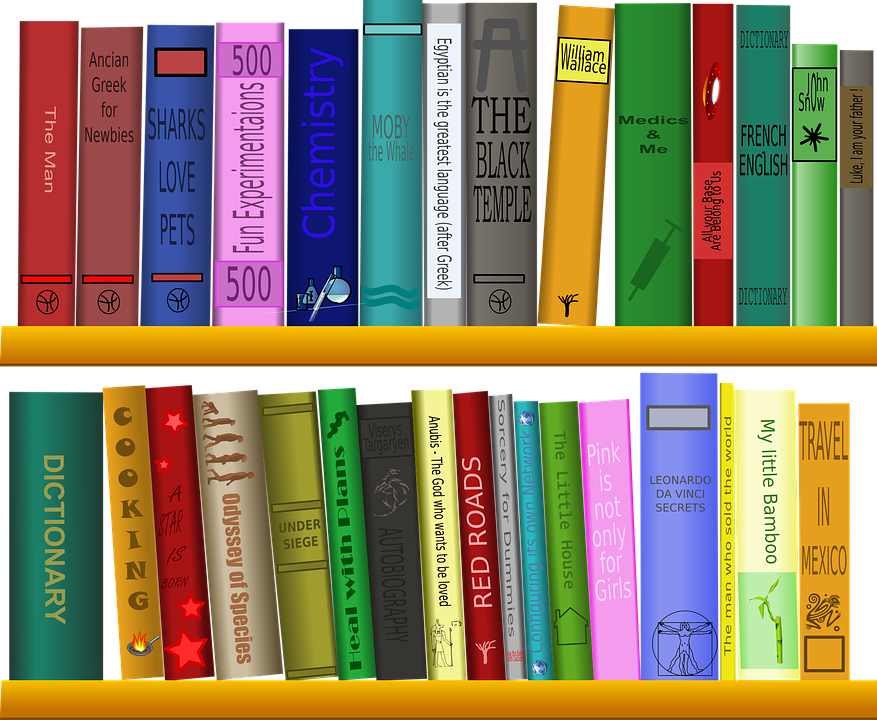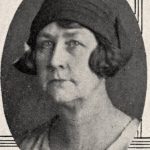“For better or worse, it is the commentator who has the last word.” This is the sentence that ends the Foreword section to Vladimir Nabokov’s 1962 book Pale Fire. You will notice that I wrote “book” instead of “novel”. That is because, frankly, there are many moments when it’s hard to tell if it really is a novel or not. The structure of the book is unlike anything that I have ever come across in my entire life.The book concerns a poem by the celebrated (and fictional) poet John Shade, who has died just before releasing his poetic magnum opus, the titular “Pale Fire”, to the world. “Pale Fire”, as described by Dr. Charles Kinbote, Shade’s neighbor and the man who decides to provide commentary for the reader, is “a poem in heroic couplets, of nine hundred ninety-nine lines, divided into four cantos, composed by John Francis Shade (born July 5, 1898, died July 21, 1959) during the last twenty days of his life, at his residence in New Wye, Appalachia, U.S.A.”After the foreword, the reader has the chance to experience reading Shade’s poem for themselves. After the poem, the book becomes entirely built upon Kinbote’s commentary. Kinbote’s labyrinthine footnotes form a story of some kind, as the reader receives some insight into who John Shade was (and how his life ended,) who his daughter Hazel and wife Sybil (who are featured heavily in the poem) are, and other nonsense things such as the fabricated language of “Zembla” and the story of King Charles the Beloved.As the book unravels and Kinbote gets deeper into his commentary, it becomes very easy to tell just how unreliable of a narrator Kinbote is and how little sense he makes with his analysis. He is indeed interpreting Shade’s poem, but he is blatantly missing the most basic information provided in the poem, and/or taking Shade’s words completely at face value. For example:“Line 130: I never bounced a ball or swung a batFrankly I too never excelled in soccer or cricket; I am a passable horseman, a vigorous though unorthodox skier, a good skater, a tricky wrestler, and an enthusiastic rock-climber.” (pg. 117-118)There are also a few instances within his commentary where Kinbote looks to put down Shade’s wife Sybil, even going so far as to say that parts of the poem are not about her when they explicitly are! Canto Two is all about his relationship to Sybil and his life with her and daughter Hazel. In this regard, it is easy to understand why Nabokov made the choice to have John Shade’s neighbor take the reins on providing commentary for his poem. A neighbor, a clearly mad one at that, providing commentary for a poem is nowhere near the same as a scholar undergoing long-time studying of a work and providing an interpretation.With Kinbote being such an unreliable narrator, the book becomes incredibly interesting as the reader is trying almost desperately to decipher fact from fiction… but that’s what makes the book so great. There’s just enough information given throughout the book to deny any interpretation as valid. What is true and what is false in Kinbote’s commentary is never truly known, due to Shade himself, being dead, being unable to step in and correct Kinbote’s errors or voice what he as the author meant when composing the poem. Therefore, it is up to the reader to take what Kinbote says and question it entirely, and come up with an interpretation of their own.In today’s strange world with a plethora of fake news and falsehoods, it is important to have a book like Pale Fire remind us to not just believe everything we read at face value. That we should read (and re-read) a work and interpret it for ourselves. If we don’t, we may have to rely on complete madmen wrongly interpreting a poem that stands on its own as something great. Because when the author of a work has left this world, the only way to understand a work of literature is to read, re-read, and voice our interpretations. To hearken back to the beginning, “For better or worse, it is the commentator who has the last word.”
“The Commentator Has the Last Word”: A Book Review of Vladimir Nabokov’s “Pale Fire”




